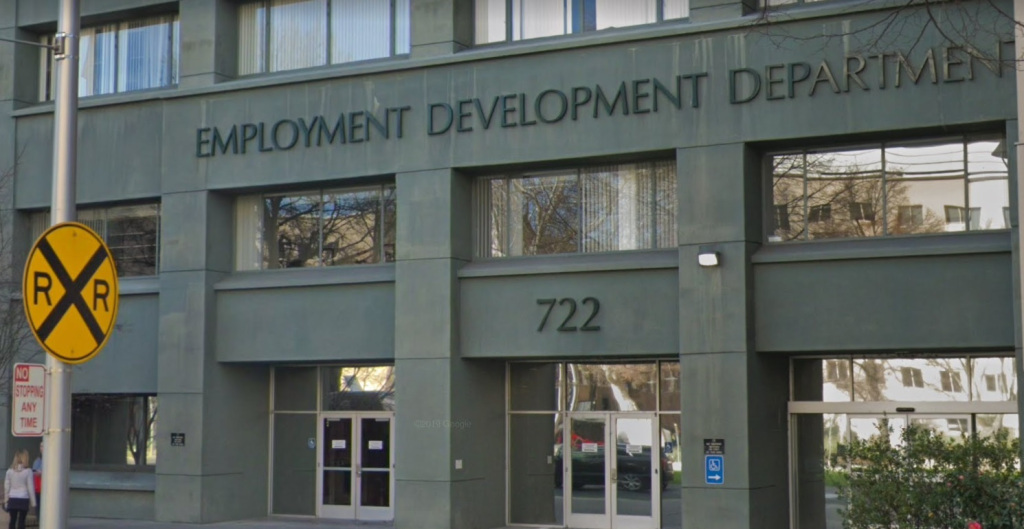Marin County’s unemployment rate in July was once again the lowest in California, the state Employment Development Department reported Friday.
Marin’s unemployment rate of 4.5% was the lowest for the ninth consecutive month. The rate was .2% lower than the previous month and compared to a Marin unemployment rate of 8.8% in July 2020.
The new report was issued as the state as a whole continues to post higher unemployment numbers than the national average and as the Biden administration announced it will extend unemployment benefits beyond Labor Day.
Marin’s low unemployment number was good news for Marin residents looking for a job, but not so much for Marin employers.
“Employers in Marin across industry sectors are reporting extreme difficulty in hiring new employees at all wage levels,” Joanne Webster, CEO of the San Rafael Chamber of Commerce, wrote in an email. “Many are increasing wages and offering attractive compensation packages and still having trouble with recruitment. This is a major challenge for our economy.”
Mill Valley Chamber of Commerce spokesman Jim Welte wrote in an email, “Staffing remains the major limiting factor when it comes to our major industry sectors returning to some degree of normalcy, particularly for restaurants, some of whom have had to reduce their indoor and outdoor capacity because of lack of sufficient staff.”
Debi Geller, the Marin business development manager for Nelson Staffing, said, “Every week that goes by the labor market is getting tighter and tighter.”
Geller said she expected to see more people return to the job market when schools reopened, “but because of the Delta variant a lot of people are waiting because of the uncertainty.”
After peaking at 12.1% in April 2020, Marin’s unemployment rate plummeted to 4.7% by November 2020 and has remained fairly stable since then.
“Over the past few months, we’ve been seeing the industries that have been most affected by the pandemic slowly coming back,” said Jorge Villalobos, a research data specialist with the California Employment Development Department.
Villalobos said 63% of the 8,600 jobs created in Marin between July 2020 and July 2021 came in sectors hit hard by the pandemic.
The leisure and hospitality industry accounted for 3,900 of those jobs; 1,100 were retail jobs; and another 600 came in the category of “other services,” which includes such small businesses as nail and hair salons.
While Marin struggles due to a shortage of workers, the state continues to post unemployment numbers that are higher than the national average. California posted an unemployment figure of 7.9% in July compared to 5.7% for the nation during the same period.
California workers filed about 68,100 jobless claims last week, up 2,600 from the previous week, the U.S. Labor Department reported Thursday. Unemployment claims statewide have now increased four consecutive weeks and are at their highest levels in three months.
In contrast to California jobless claims, unemployment filings in the United States fell again and are at their lowest levels since the onset of government-ordered business lockdowns to help combat the spread of the coronavirus.
The trend in California’s jobless claims has mystified analysts who have no certain explanations for the persistent divergence between the state and nationwide results.
Many business owners suspect the $300 in extra weekly unemployment benefits made possible through a federal supplement are a factor behind the higher-than-expected jobless claims in California.
The benefits were slated to end on Sept. 6 but Labor and Treasury Department officials said Thursday that states will be allowed to use pandemic funds allocated by Congress to continue the benefits beyond Labor Day. The state Employment Development Department did not respond Friday to a query regarding whether California plans to extend its benefits.
Webster said, “The State should consider utilizing federal COVID relief money on other issues that are plaguing our communities like homelessness rather than extending unemployment benefits beyond Labor Day.”
But Mike Blakeley, chief executive of the Marin Economic Forum, said the jury remains out on whether the extended unemployment benefits are making it more difficult for California businesses to hire the employees they need.
“The data has so far not proven one way or the other in terms of the benefits keeping people on the sidelines,” Blakeley said.
“Employers were struggling pre-pandemic,” Blakeley said, “especially those who were hiring in the lower wage categories. These workers are not in abundance in the county, and workers in other regions that might take jobs in Marin have sufficient options locally so they don’t need to commute.”
Bay Area News Group contributed to this report.










